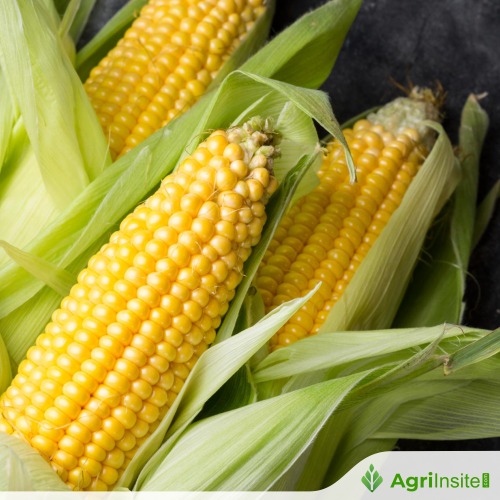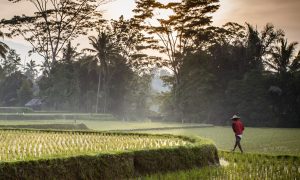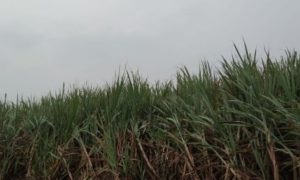South Africa Farmers demand fair play amid GM maize imports

The import of genetically modified (GM) maize into South Africa has sparked debate. While addressing food security in Southern Africa, stakeholders question fairness and long-term impacts. Grain SA’s Tobias Doyer supports GM technology but criticizes inconsistent policies disadvantaging local farmers. Others warn of challenges for small-scale farmers, urging fair access to advanced technology and government support to enhance sustainability.
The recent decision to import genetically modified (GM) maize into South Africa has sparked debate among stakeholders in the maize industry. While the move addresses food security needs in Southern Africa, it raises concerns about fairness and long-term implications for local farmers.
Tobias Doyer, chief executive officer of Grain SA, emphasised the benefits of GM technology but questioned the inconsistent policies that govern its use.
“We are not anti-technology per se because we have seen the huge benefits in productivity to consumers in terms of lower prices and we have seen the huge benefits in terms of lower impact on natural resources. It’s just unfair that the government doesn’t approve it for us, and yet our competitors are allowed to import it or export it from their place.
“So it’s good enough for people to eat, but it’s not good enough for producers to use [and] that doesn’t feel fair to me,” he said.
Impact on small-scale maize farmers
Doyer pointed out that South Africa had to resort to importing maize from the United States after exporting much of its locally produced maize to neighbouring countries grappling with severe shortages.
“South African producers were able to produce enough for our own consumption, but because we exported lots of our product to support our neighbours, we now have to import maize from America. It’s not for us, they’re importing it for our neighbours, really,” he explained.
While the importation addresses immediate shortages, Doyer warned that it might disadvantage smaller-scale farmers in the long term.
“At this stage, [the imports] are not going to influence [small-scale farmers] in a big way because we are experiencing a shortage and benefitting from higher prices, however, in the long run, it’s going to put us in a very uncompetitive place.”
He highlighted the importance of providing small-scale farmers with access to advanced technology.
“I know that there are lots of people that romanticise the old varieties and non-GMOs, but that’s really good technology. It’s good for small farmers as it is for big farmers,” Doyer added.
While GM maize imports might stabilise food supplies in the region, Doyer underlined the importance of aligning local policies to ensure fair access to technology for South African farmers.
“We did apply for drought tolerance, and it was actually an Africa-wide initiative, but the process in South Africa was delayed. In the meantime, our competitors enjoyed that advantage for a number of years,” Doyer noted.
Long-term solutions needed
Phaladi Matsole, the owner of Sebata Maize Milling, expressed concerns about the broader impact on local farmers, noting the reluctance of the public and private sectors to explore long-term solutions.
“This will be a huge blow to local grain farmers. Currently, input costs are relatively high with very low returns due to climate change.
“Importing GM drought-resistant maize alone without the government’s subsidy on crop insurance is not a long-term solution to the challenges grain farmers are facing,” he said.
Wandile Sihlobo, chief economist at the Agricultural Business Chamber, provided context on the regional maize crisis. He noted that South Africa had sufficient maize supplies despite production challenges caused by a mid-summer drought, which led to a 23% decline in output.
“South Africa’s maize harvest of 12.72 million tonnes is well above the annual needs of 11.8 million. Moreover, South Africa had large stocks of more than two million tonnes from the last season,” Sihlobo said.
However, according to Sihlobo, South Africa continued to export maize to neighbouring countries experiencing severe shortages.
Sihlobo said Zimbabwe lost 60% of its maize harvest, while Zambia and Malawi also experienced significant losses. This demand has led to speculation that South Africa could import up to 800 000 metric tonnes of maize in the 2024–25 marketing year.
To read more about Maize News continue reading Agriinsite.com
Source : Foodformzansi















